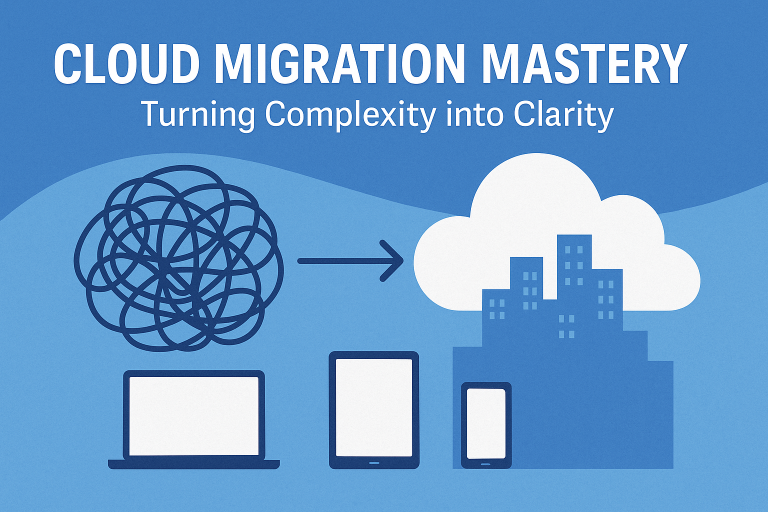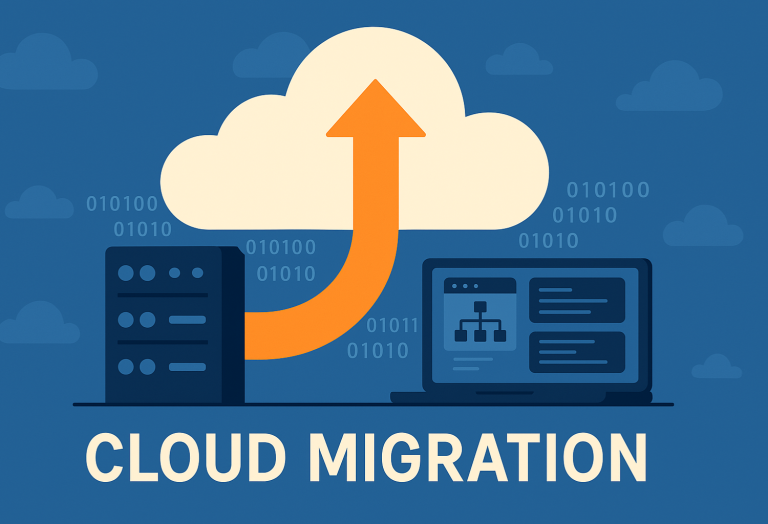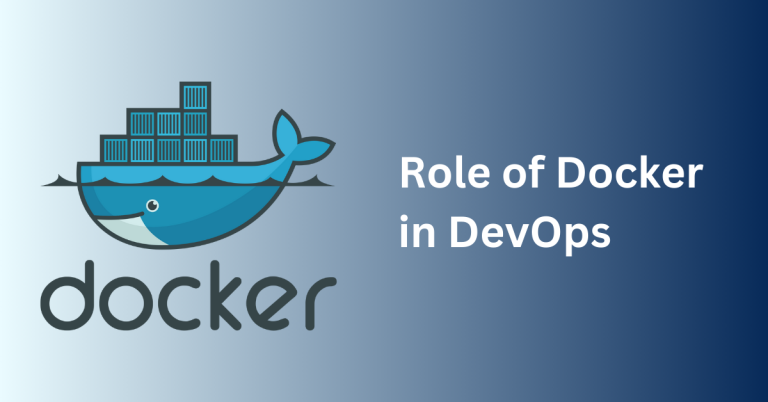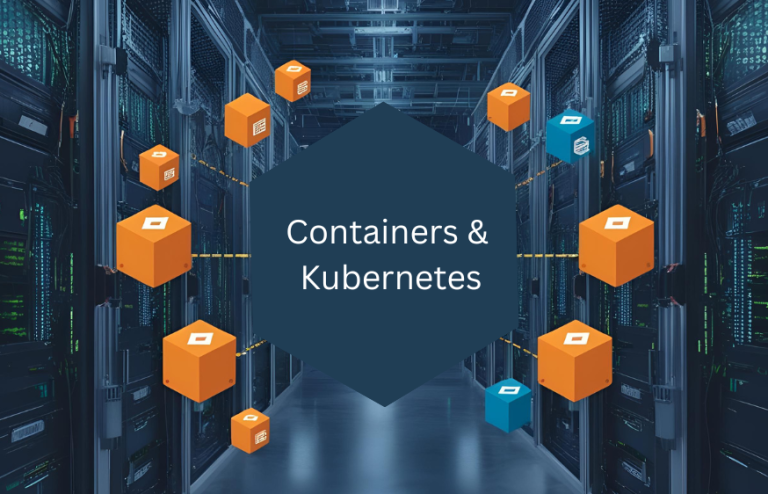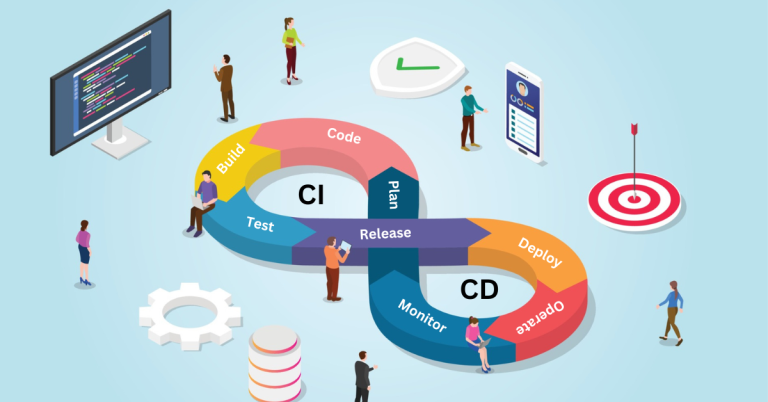
DevOps is a popular work culture that allows the development and operations teams to work together to complete a development cycle at a faster pace than they used to do with traditional approaches. There are multiple advantages of adopting DevOps including shorter development cycles, faster innovation, reduced deployment failures, and time to recover, improved communication and collaboration, increased efficiencies, and reduced costs. In case of software development, along with a faster development cycle, security is a vital criterion. Ignoring security while delivering software at high velocity can harm competitiveness in today’s marketplace.
Identifying system flaws is crucial to addressing security challenges and delivering secure software.
Here are some of the factors that are driving the urgency to integrate security into DevOps workflows:
- DevOps, and security teams each of them have their siloed system to communicate and perform. Without a unified system for engineering, DevOps, and security, scaling tasks and updates often causes launch delays.
- Developers are using tools to do Application Security Testing (AST). As those are not integrated into the daily development environments, the whole process gets delayed and challenging to get done.
- Lacking security in SDLC testing and deployment can delay development, hinder launches, and risk compliance.
- Many DevOps team members lack proper training on securing software.
Synchronizing security into DevOps for better speed and secured workflow
Along with the high-speed and always-on nature of DevOps, security is also an important feature. The one-time security inspection is not enough and its clear security’s role in DevOps needs to be upgraded. Integrating security into DevOps is very effective and can help to remove the roadblocks that delay the project completion and launch into the market. To close the gap between the security and DevOps team and accelerate the development, it is important to have both teams onto the same development platform. The security approach should not only focus on the technical aspects but also form the right framework that will be compatible with the business objective of the organization.
Integration of DevSecOps
Though security is an integral part of an organization, the introduction of a security framework is a crucial part of the DevOps process. Otherwise, an unbalanced security implementation can hamper the business’s speed and agility. With the help of DevOps consulting services, the organization can follow a transition process without causing any harm to the development cycles.
DevSecOps is a set of practices that organizations prefer to incorporate to tackle ever-evolving challenges in security. DevSecOps endorses traditional security engagement to an active process of the software development life cycle (SDLC). The processes like continuous integration (CI) and continuous delivery (CD) ensure the active testing and verification of code during the development process. Similarly, incorporation of DevSecOps conducts active security audits and penetration testing into agile development.
Optimal DevOps security requires cross-functional collaboration to ensure proper security measures at all development cycle stages. To implement a suitable security framework, enterprises need to take equal care of development, design, operation, delivery, and support system to achieve a balanced system. DevSecOps integration enhances governance and reduces cybersecurity tasks like IAM, threat management, code review, and vulnerability testing. With such a framework where security is appropriately aligned with DevOps, the users will be able to attain a higher profit margin along with fast and secure delivery processes.
How DevSecOps facilitates security and compliance
Several useful practices come with DevSecOps that help to integrate security and audit capability as an in-built component. Some of them are automation, emphasis on testing, fast feedback loops, improved visibility, collaboration, consistent release practices, and so on. it will help the organizations to enjoy:
1. Secure from the beginning and throughout: Integrating security early in DevOps, like other tests, ensures quality in every software development cycle. DevOps processes can incorporate automated security testing and compliance that helps in improving software quality. With DevOps, the organizations will also gain better visibility and control over the entire systems development life cycle.
2. Secure automatically: Automatic tests and processes will help to reduce the risk of introducing security flaws due to human error. As a result, the tests will be more efficient and you can cover more ground. So if there is some error, it will become easier to pinpoint and fix.
3. Clear picture to everyone: This process will get everyone on the same pipeline and page by integrating security tools and tests as part of the pipeline to deploy their updates. Therefore, InfoSec becomes a key component of the delivery pipeline and the entire process.
4. Fix things quickly: With DevOps, you can accelerate your lead time, so you can develop, test, and deploy your patch or update faster.
5. Balanced governance: DevOps also streamlines processes across the pipeline to have consistent development, testing, and release practices. DevOps tools enable developers to work independently while automating access controls and compliance. DevOps ensures all instances across development, QA, and production environments are identified, tracked, and managed by IT.
6. Enable one-click compliance reporting: With automated processes, DevOps can provide traceability throughout the pipeline, starting from code to release processes. This will enable you to have access to a ton of information that is automatically logged. So, with the DevOps system, your auditing becomes much easier.
Conclusion:
DevSecOps assists the organizations to achieve speed without compromising stability and governance. By implementing DevOps processes one can incorporate security practices from the start of the development cycle. It builds a strong security layer for long-term application and business compliance.
